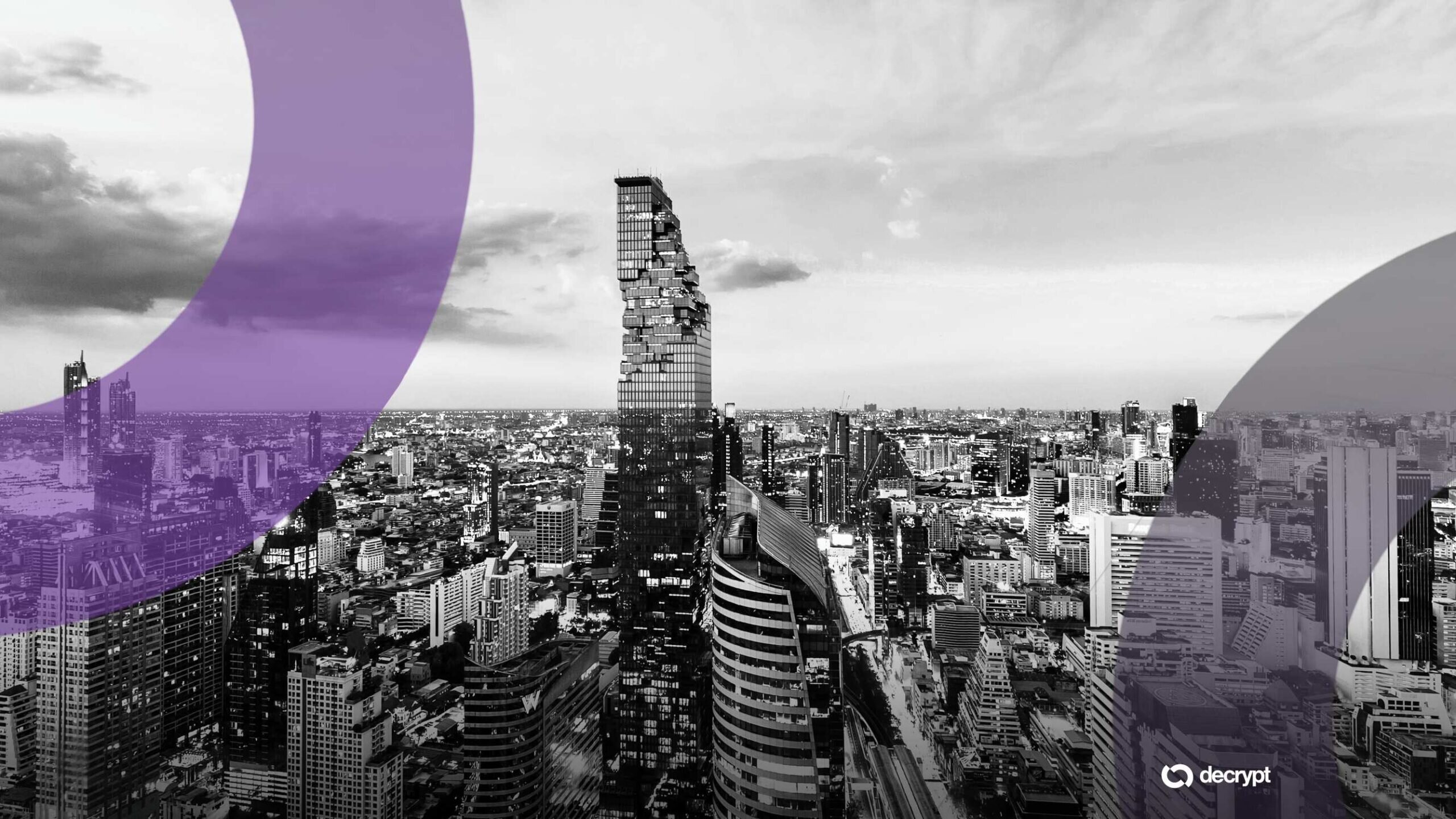“Easy Pass” – Colette is tasked with giving Noa his driving test a Pictured L to R: Tim Meadows as Gregg, Harriet Dyer as Colette, and Tony Cavalero as Vic. Photo: Bertrand Calmeau/CBS ©2025 CBS Broadcasting, Inc. All Rights Reserved.
Photo: Bertrand Calmeau/CBS ©2025 CBS Broadcasting, Inc. All Rights Reserved.
Since over 90% of the United States population drives, that means at some point nearly everyone has visited the Department of Motor Vehicles.
What takes place in virtually every office of the DMV could be seen as a mixture of method among madness.
This is precisely the premise of the new comedy series DMV.
“I am the mother of three teenagers, two of which took multiple tries to pass their driving test, which means that over the past few years, I have spent a lot of time at the DMV, and one of those times, as I sat in the waiting room, worrying if I had the correct forms. I thought, ‘this is really the perfect setting for a workplace comedy,’” says Dana Klein, the series creator and showrunner.
She goes on to say, “For most of us, the DMV experience is likely not the highlight of our day, but imagine if that was your day every day. So the idea of a show about people who work at a place that is notoriously despised was really interesting to me.”
The workplace comedy follows the quirky minimum wage employees who have to deal with often annoying customers, making the best of the situation by finding solace in their shared experiences with their co-workers. The series stars Harriet Dyer, Tim Meadows, Tony Cavalero, Gigi Zumbado, Molly Kearney, and Alex Tarrant,
Explaining the process of creating the series further, Klein reveals, “So, when I was sent Katherine Heiny’s short story about a very big-hearted driving examiner, I got about 3 pages in and I knew I wanted to do it. I love that the employees were layered and complex, and I love how she found beauty in what is arguably one of the most dreaded places in America. The beauty is in the small moments, the tiny victories, and in our characters’ relationships with each other. So that is really what we are hoping to do with this show.”
Executive producer Matt Kuhn, echoes this thought, saying, “We want to explore all the fun and heart of everyday working life for the good people at the DMV. And while your job might not be registering cars, or taking ID photos, or administering driving tests, you no doubt deal with confusing bureaucracy, corporate politics, and trying to politely avoid buying Girl Scout cookies from a colleague you never speak to.”
However, the difference between most jobs and working at the DMV, as Kuhn points out is that, “these workers are doing all of that with about 200 people ready to scream at them all day, every day.”
Talking about their own experiences with the DMV, Zumbado quickly admits that she wasn’t successful in her first attempt to pass the test. “I cried. I remember I got out of school and was so excited, and I failed the first time, and I remember going back the second time.”
Cavalero acquired his license on his first try, he says, but he says that he had a driving instructor who took his charges to McDonald’s and bought them cigarettes, much like a character in the series.
For Meadows, because he grew up in the car manufacturing capital of the U.S, he says, “I passed [my test] like flying color, [because] in Detroit, if you didn’t pass, like, you were looked down upon. It was not cool to fail driving in Detroit.”
Hailing from Australia, Dyer recalls, “I got mine at the Hollywood DMV, and I was scared to go, but I was like 30, I could drive, I had been driving my adult life, and the lady [who administer the driving portion] was in such a bad mood she was like, ‘well, you got 12 errors’, and I was like, “’oh, fuck’ and then I get inside [the DMV}, and I was like, ‘oh, that was, like, the meanest way of saying that I passed.’ She was so unhappy that I passed.”
Yet to experience the written and driving tests, Tarrant, a New Zealand native, admits, “I’m next to go for my American license. I’m scared too, so if anyone has any tips, let me know, please.”
While all of these stories are amusing, Zumbado has the most prophetic DMV story of the group. “I swear, before I even got this audition, I went with my dad, who was moving from Miami to LA and needed to get his new license, and we were sitting at the downtown LA DMV, and it was insane. My dad looks over at me and just goes, ‘This is a really good place for character study.’ I swear to Jesus above, my dad said that to me probably four months before I even knew [the show] was in the works.”
Summing up the series, Kuhn says, “Our show explores life on the other side of the plexiglass — the good people who work at the DMV, who mostly don’t want to be there any more than you do. And they’re doing their best to help you and get through their day, often navigating seemingly conflicting and frustrating regulations to do so.”
Klein agrees, and adds, It delves into the humanity of the people who work at one of the most dreaded and misunderstood institutions. It has comedy, and it has heart and we’re super excited to get it out in the world.”
‘DMV’ premieres Monday, October 13th at 8:30pm on CBS and will be available for streaming the next day.
Source: https://www.forbes.com/sites/anneeaston/2025/10/10/new-series-goes-behind-the-plexiglass-at-the-dmv/



